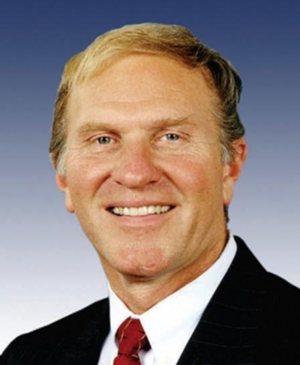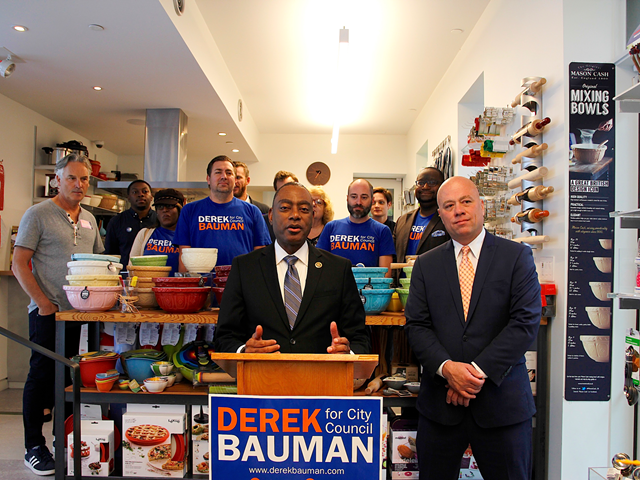Good morning all. Here’s some news for you today.
More than 100 residents living in affordable housing at the Alms in Walnut Hills will get to stay in their homes for now. A federal judge yesterday granted a preliminary injunction that keeps the Department of Housing and Urban Development from pulling its subsidies from the building for now.
U.S. District Court Judge Timothy Black’s ruling doesn’t end the case, but keeps HUD from immediately ending its subsidies — and with them, residents’ leases — until state courts rule on the lawsuit against the federal housing department. You can read more about his ruling in our story here and background on the case here.
• Councilman Chris Seelbach yesterday announced an ordinance that would tie tax incentives the city gives companies to fair wages for their employees. Companies would only get the incentives — which allow employers to keep part of the earnings tax normally paid to the city — if they agree to pay their workers $12.50 an hour starting Jan. 1. That requirement will rise to $15 an hour starting Jan. 1, 2019. You can read more about the proposal in our story here.
• Could FC Cincinnati end up playing their games at Paul Brown Stadium? Hamilton County Commission President Todd Portune has floated that idea, and the county’s lawyers say it wouldn’t necessarily violate its contract with the Cincinnati Bengals. But would FC go for the idea? Would Major League Soccer grant the team a franchise if it was playing in a football stadium?
• So, will white nationalist speaker and Charlottesville rally planner Richard Spencer be allowed to speak at University of Cincinnati or not? After a closed-door meeting yesterday evening, UC officials aren’t saying. Spencer’s attorney, Kyle Bristow, has threatened legal action if he isn’t allowed to speak on campus, saying the public university is violating his client’s right to free speech. Bristow says UC has until Friday to announce a decision.
• A woman hit by a Metro bus last night downtown is alive and in the hospital, authorities say. That’s despite some rumors on social media that the woman died. The pedestrian’s leg was pinned under the bus’s front wheel for 20 minutes at Government Square while rescue crews worked to free her. She was alert after the incident and was taken to University Hospital, where she is reported as being in serious condition.
• U.S. Reps. Steve Chabot and Brad Wenstrup, both Republicans who represent Cincinnati and surrounding areas, voted against a bill that would provide aid to parts of Texas, Florida and Puerto Rico devastated by hurricanes in the past month. The two, along with US. Reps. Jim Jordan, Bob Gibbs and Warren Davidson, all GOPers from Ohio, joined 64 other Republicans in the House who voted against the measure, which passed on a bipartisan basis by 71 votes. The legislation would provide $36.5 billion for aid during what may be the most expensive season in American history when it comes to natural disasters. Many of those who opposed the bill, like Jordan, are members of the far-right House Freedom Caucus, an anti-government spending group. They’re unhappy with the bill because it doesn’t include cuts to other programs to offset the spending.
“You tell me how that makes sense with a $20 trillion debt,” Jordan said before the vote, according to the Washington Post.
• Finally, President Donald Trump yesterday signed an executive order that will end government subsidies that are vital to the functioning of the Affordable Care Act. Those subsidies to insurance companies go toward paying out of pocket costs low-income people generally aren’t able to cover. Insurers have said in the past that if those subsidies were eliminated, they’ll need to raise premiums and may withdraw from the health care exchanges that form the backbone of the ACA.






